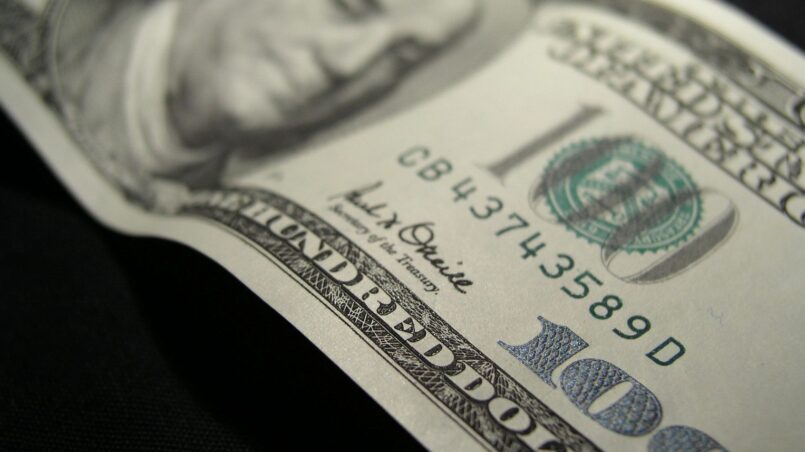Introduction:
Drawing of a cheque constitutes a commitment to honour the cheque. The very foundation of the banking system rests upon the assurance that this commitment shall be fulfilled. Thus, the failure to do so violates the very sanctity of the banking institution, which is why the dishonour of a cheque or a cheque bounce is a criminal offence in India. ‘Cheque bounce’ is a term that most individuals encounter at some point in their lives. It is one of the most common financial offences in India. For those unfamiliar, ‘cheque bounce’ is the layman term for a cheque that the bank dishonours or refuses to pass or honour. The repercussions of a check bounce may escalate into a criminal lawsuit.
What amounts to Cheque Bounce?
According to Section 138 of the Negotiable Instruments Act read with several judgments of various courts in India, the following amounts to a cheque bounce:
- Insufficiency of funds;
- The amount presented exceeds the pre-arranged sum to be paid from that account, as per the agreement with the bank;
- Payment stopped by drawer;
- Account already closed by drawer; or
- Signature difference with malafide intent.
Basic concepts
The Negotiable Instruments Act, 1881 (NI Act) governs and deals with negotiable instruments such as cheques, promissory notes etc. In order to understand the legal repercussions of a cheque bounce, it is imperative to understand a few terms defined under the Act, such as:
- Drawer: As per Section 7 of the Act, “the maker of a bill of exchange or cheque is called the “. In other words, Drawer is the person making a cheque.
- Payee: Under Section 7 of the Act, “The person named in the instrument, to whom or to whose order the money is by the instrument directed to be paid, is called the “Payee”. Meaning, the person in whose favour the cheque has been made is called the Payee.
Legal consequence: Consequently, a criminal complaint can be filed by the Payee, under section 138 of the NI Act. The procedure for such case is as follows:
Procedure:
- The issuance of a check in favour of the Payee is a prerequisite, with the essential condition that it is issued for a ‘Legally Payable Debt’.
- The cheque must be presented before the bank within three months from the date of its issue;
- The cheque must have been returned due to the above-mentioned reasons;
- Subsequently, the bank issues a formal notice to the Payee;
- Upon receiving a notice from the bank, the Payee must issue a notice to the Drawer stating all relevant facts and demanding payment thereof. The Drawer is then granted 15 days to make the payment. Should the payment be made the, matter stands settled.
- However, should the Drawer fail to make such payment, the Payee has the right under Section 138 of the NI Act, to file a criminal complaint and initiate proceedings before the magistrate. The Payee may do so within 30 days from the lapse of the initial 15-day notice period. For instance; if a 15-day notice is issued against Y, by X, and the last day of this notice is 30th August, then Y may file a criminal complaint within 30 days from 30th August.
Penalty
The penalty as prescribed under the NI Act, for the offence of dishonouring a cheque under Section 138 extends up to two years of imprisonment. Or a fine double the amount of the cheque issued maybe levied, or both. Conclusion: In India, It’s common trade practise to issue security cheques as collateral for transactions. However, it is not considered prudent to do so, because if these cheques are cashed, and subsequently you stop payment or the cheque bounces, criminal litigation can be initiated against you. Therefore, it is not advisable to engage in such practices. ‘Cheque bounce’ can lead to criminal litigation and it can also potentially negatively impact your credit standing and reputation. Therefore, it is crucial to exercise caution while drawing up cheques.
DISCLAIMER
The content of this article is intended to provide general guidance on the subject matter. Specialist advice should be sought about your specific circumstances.


